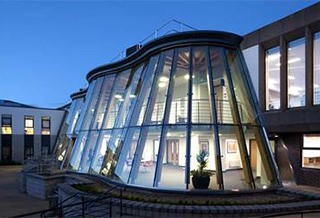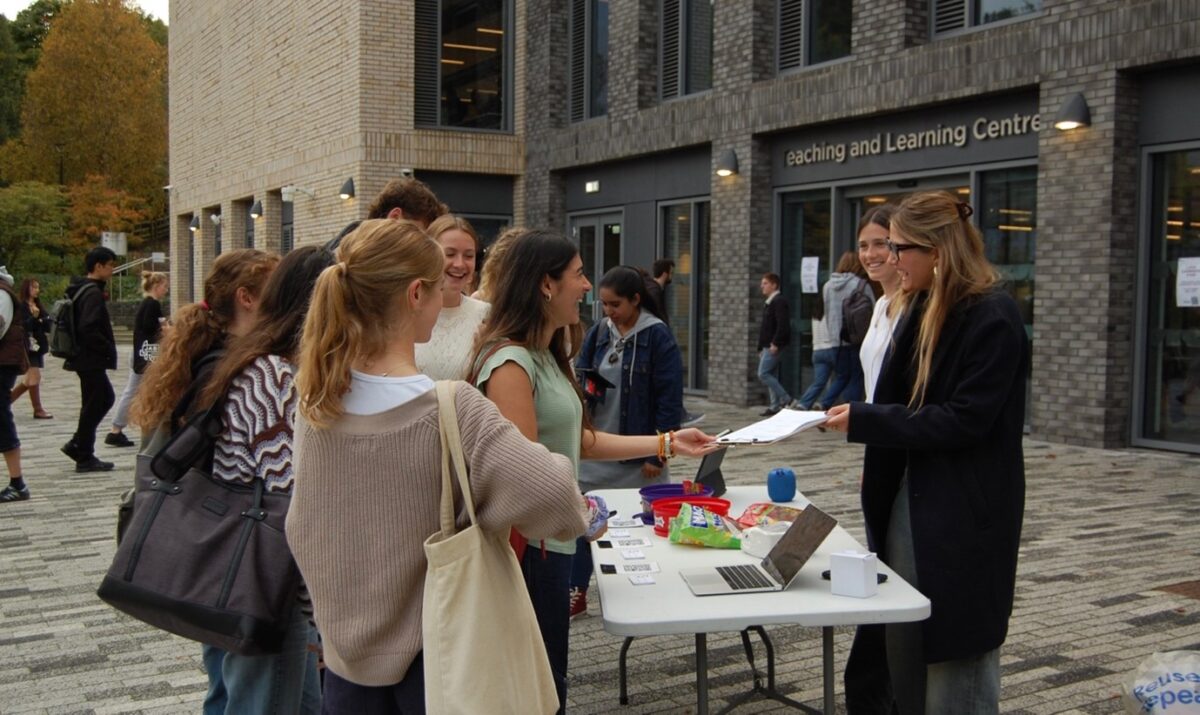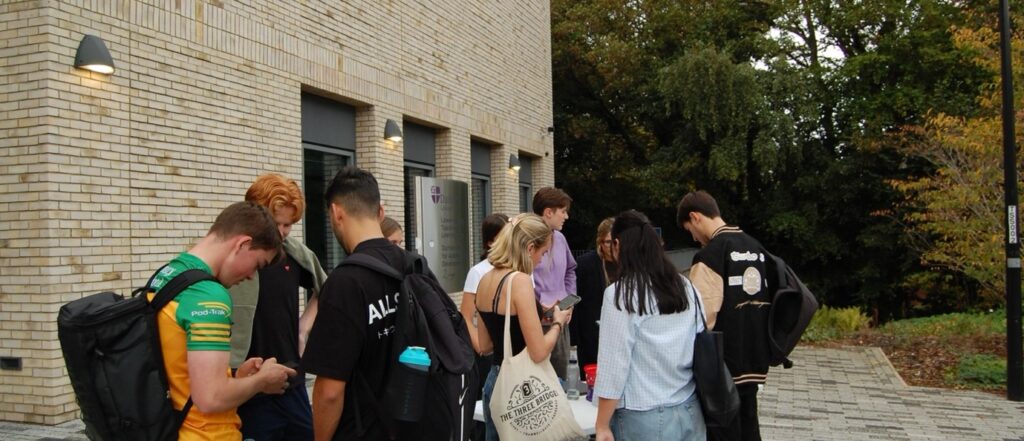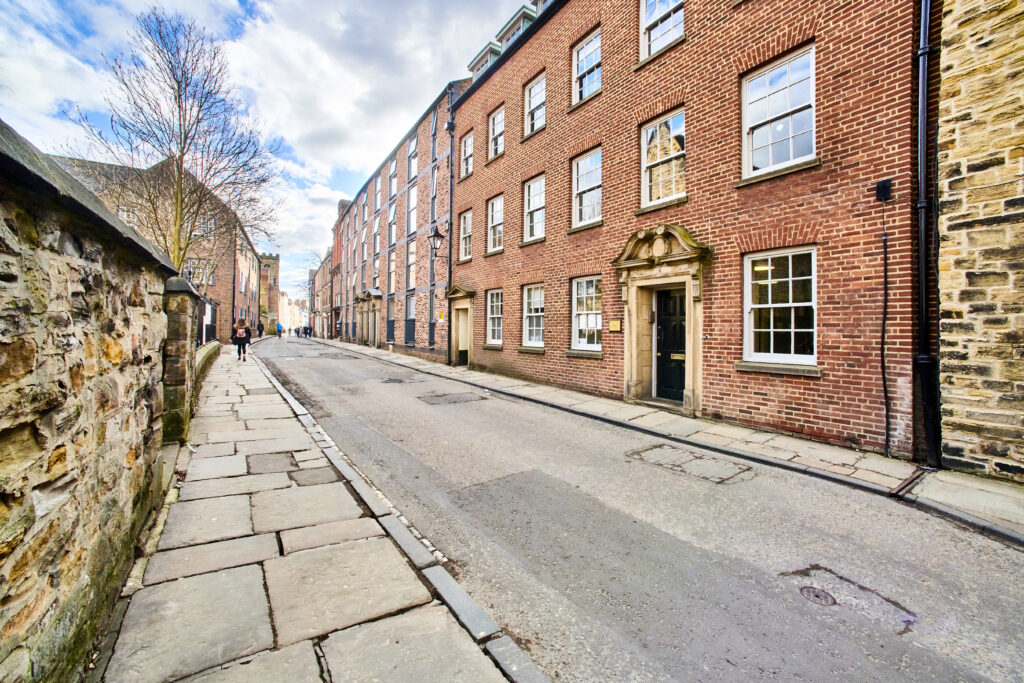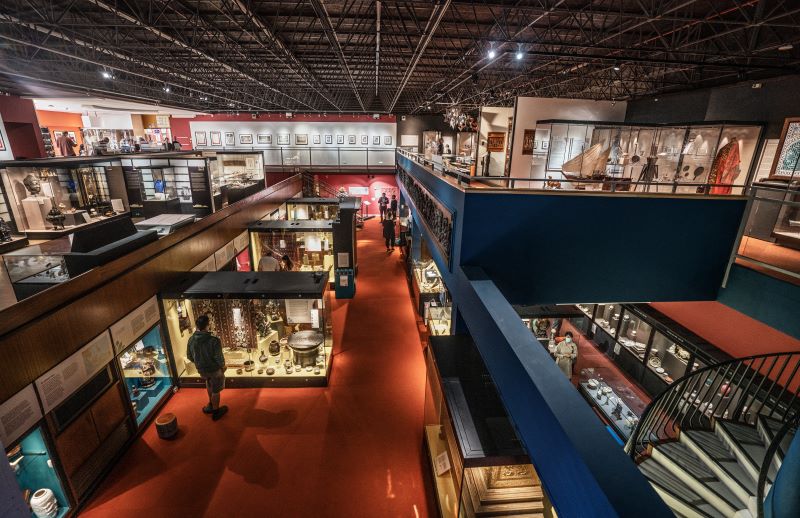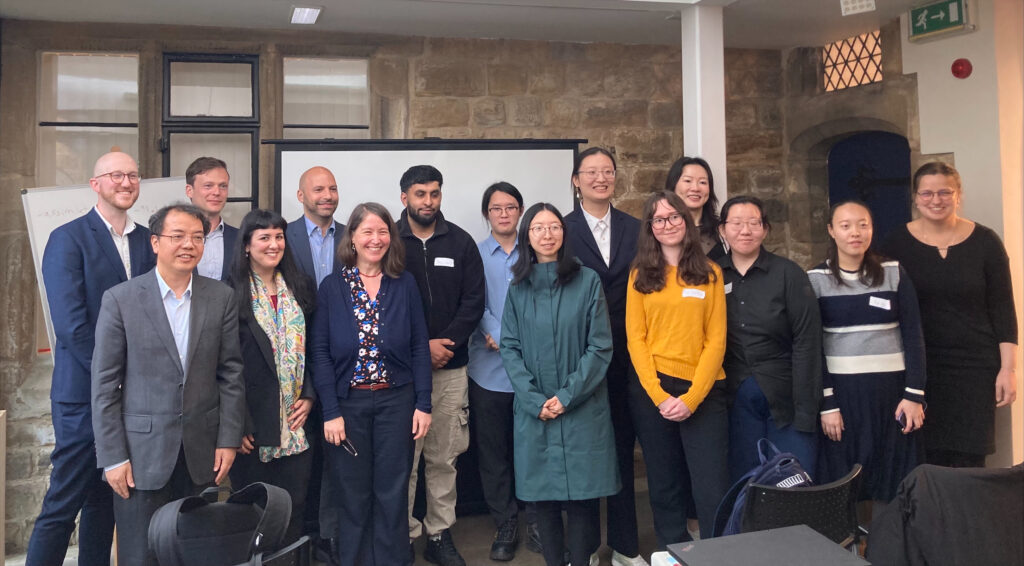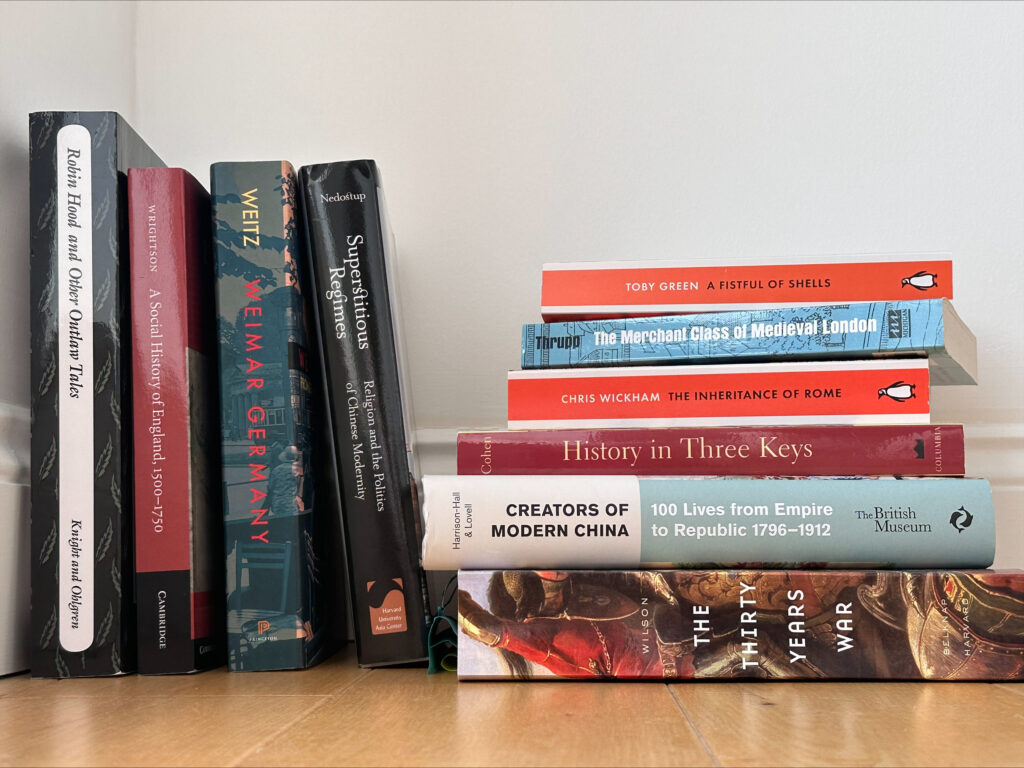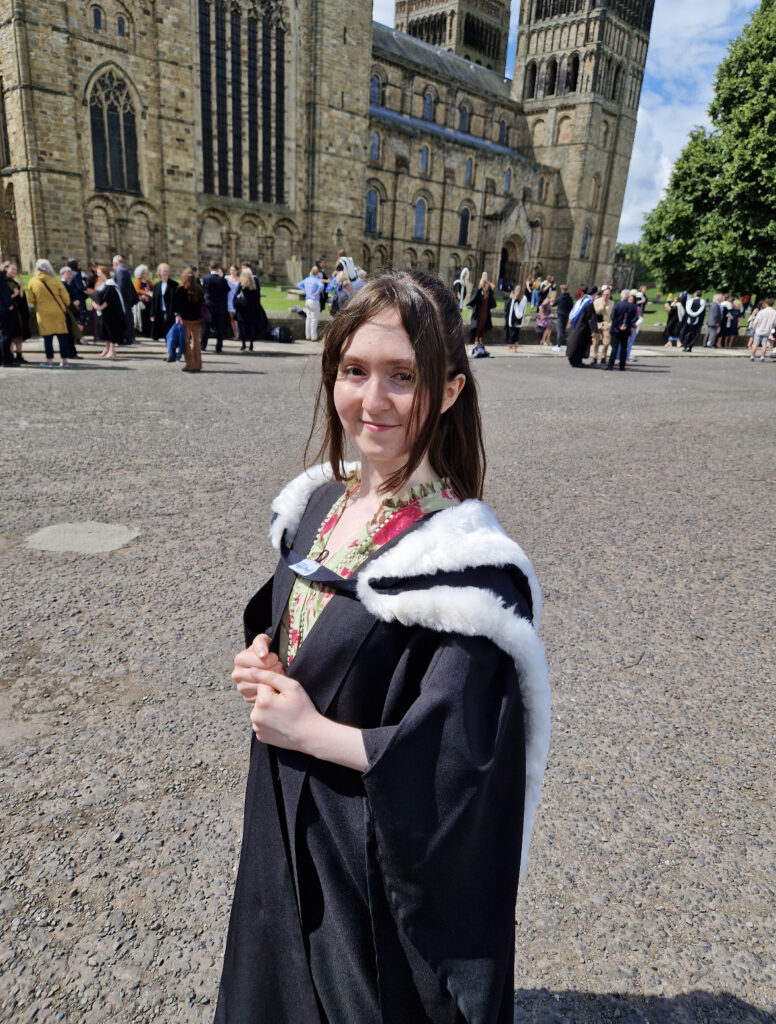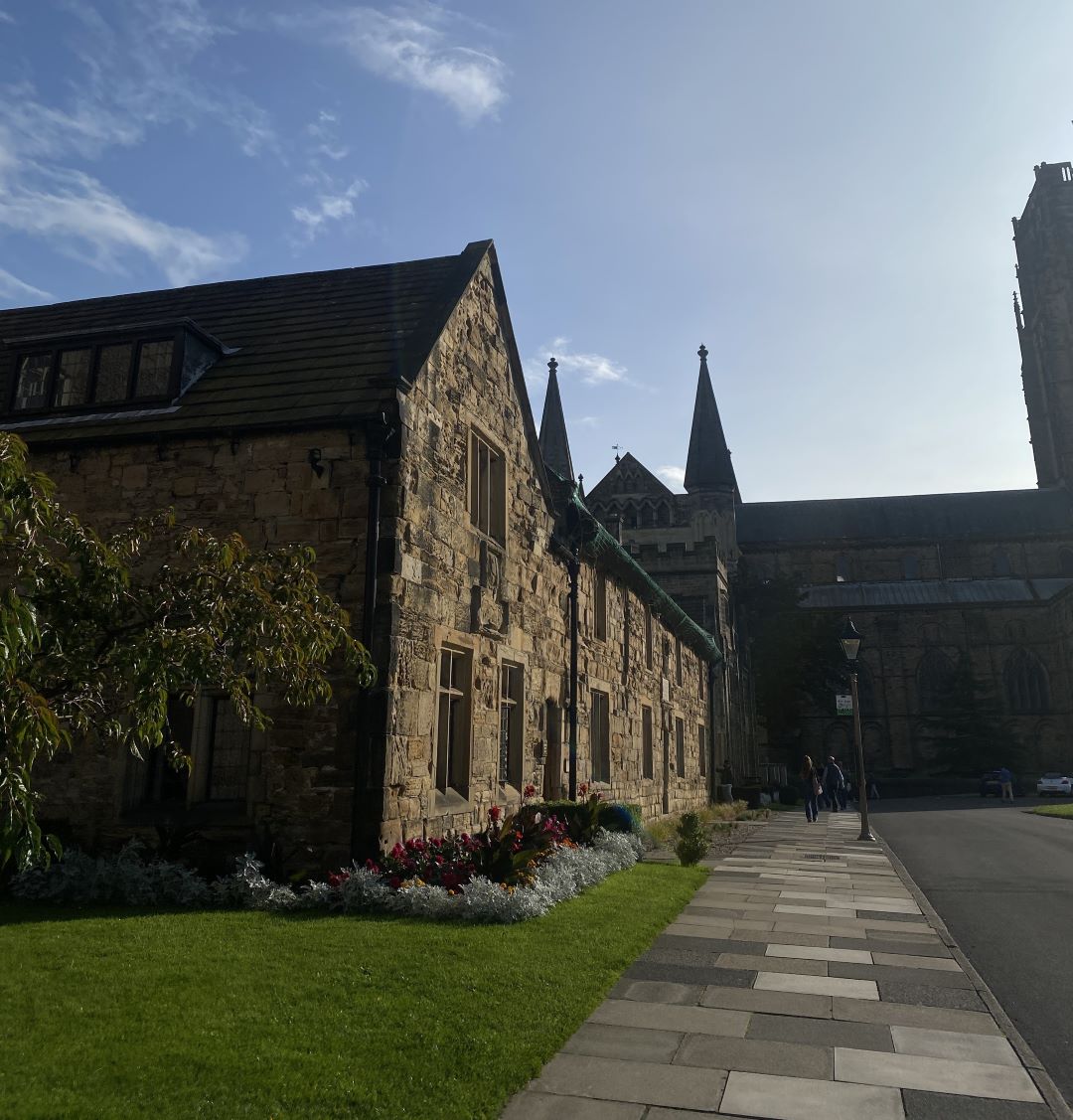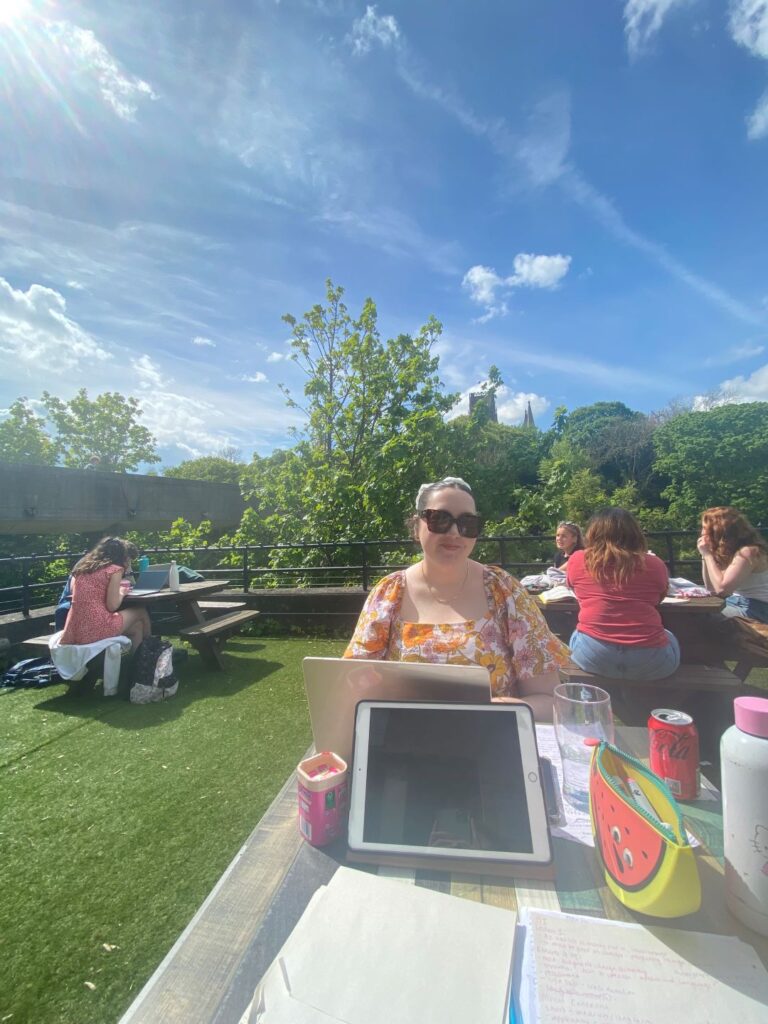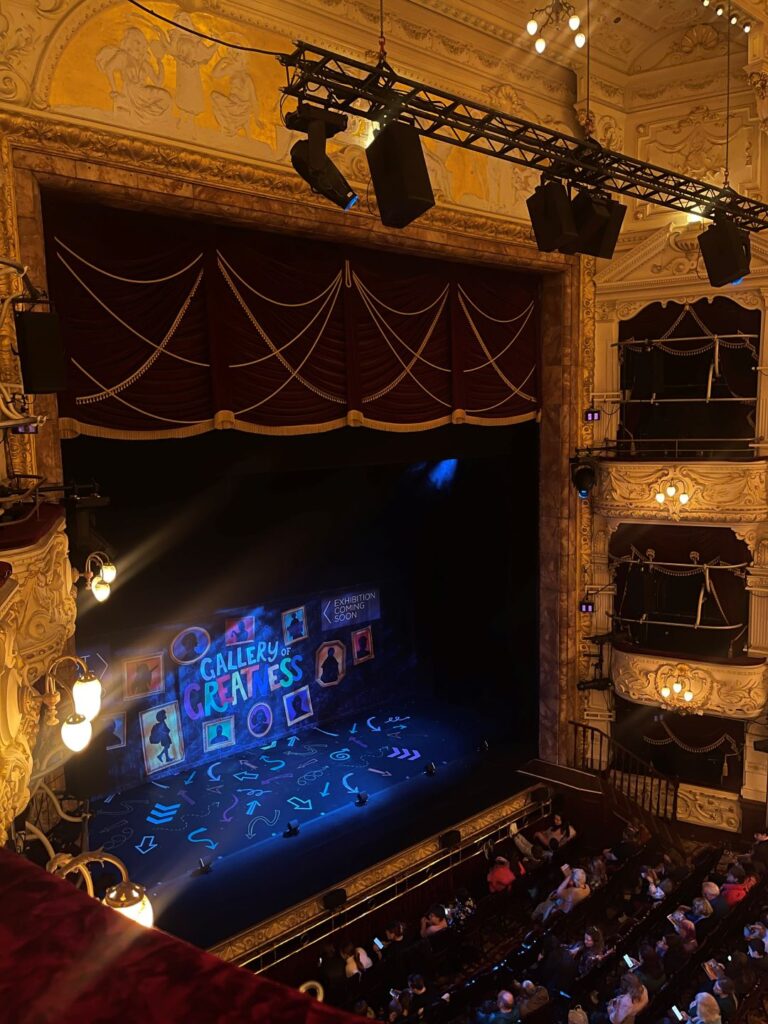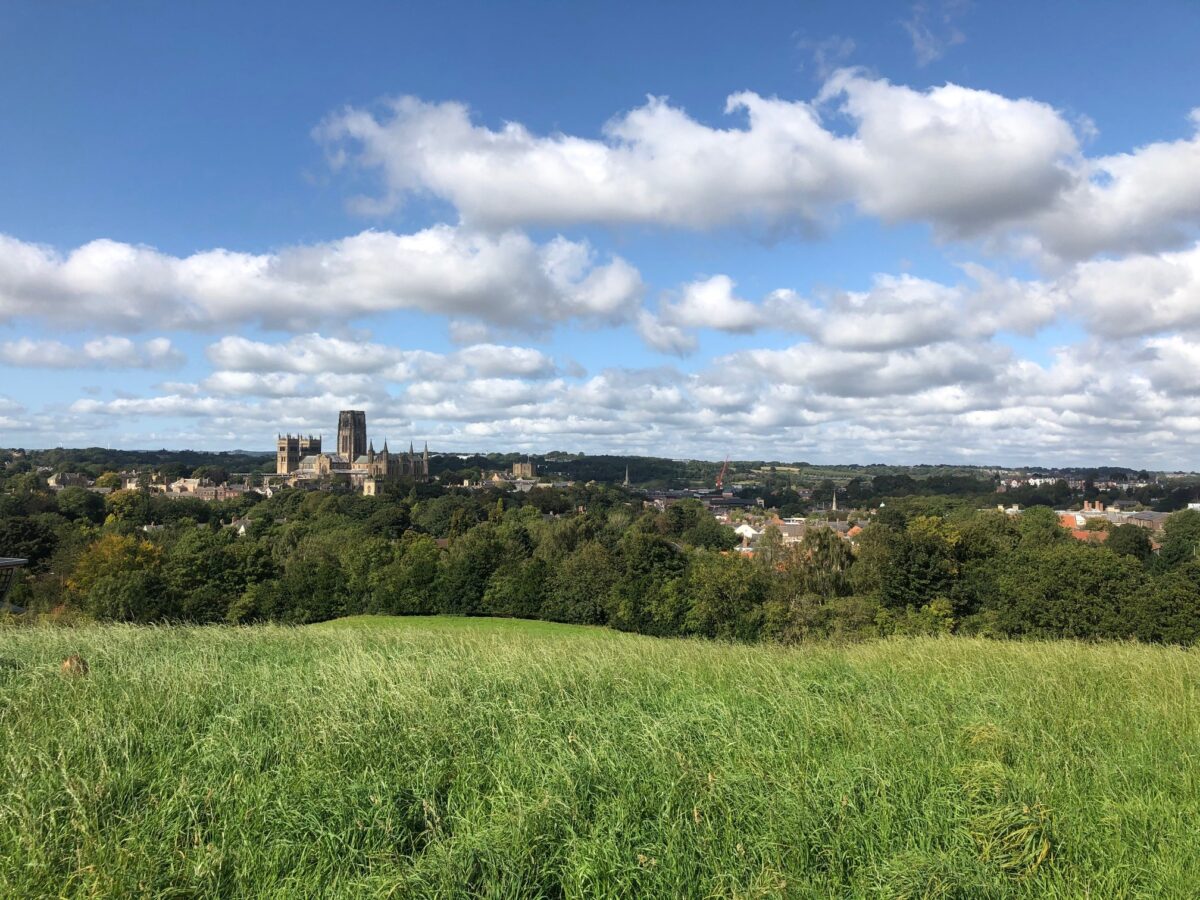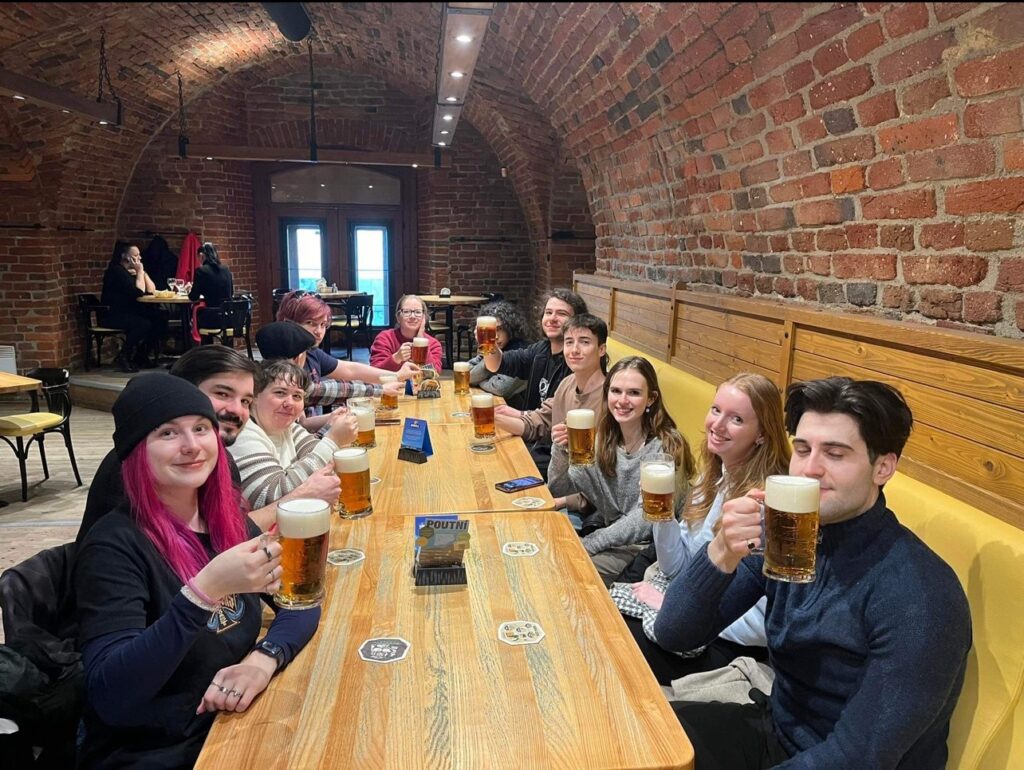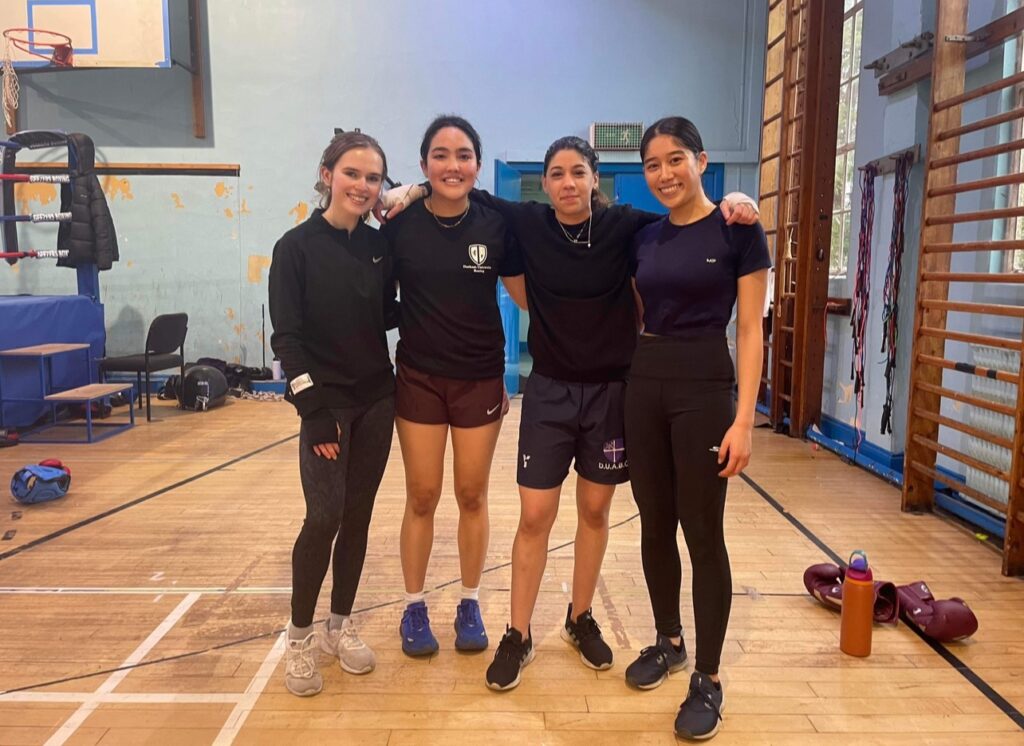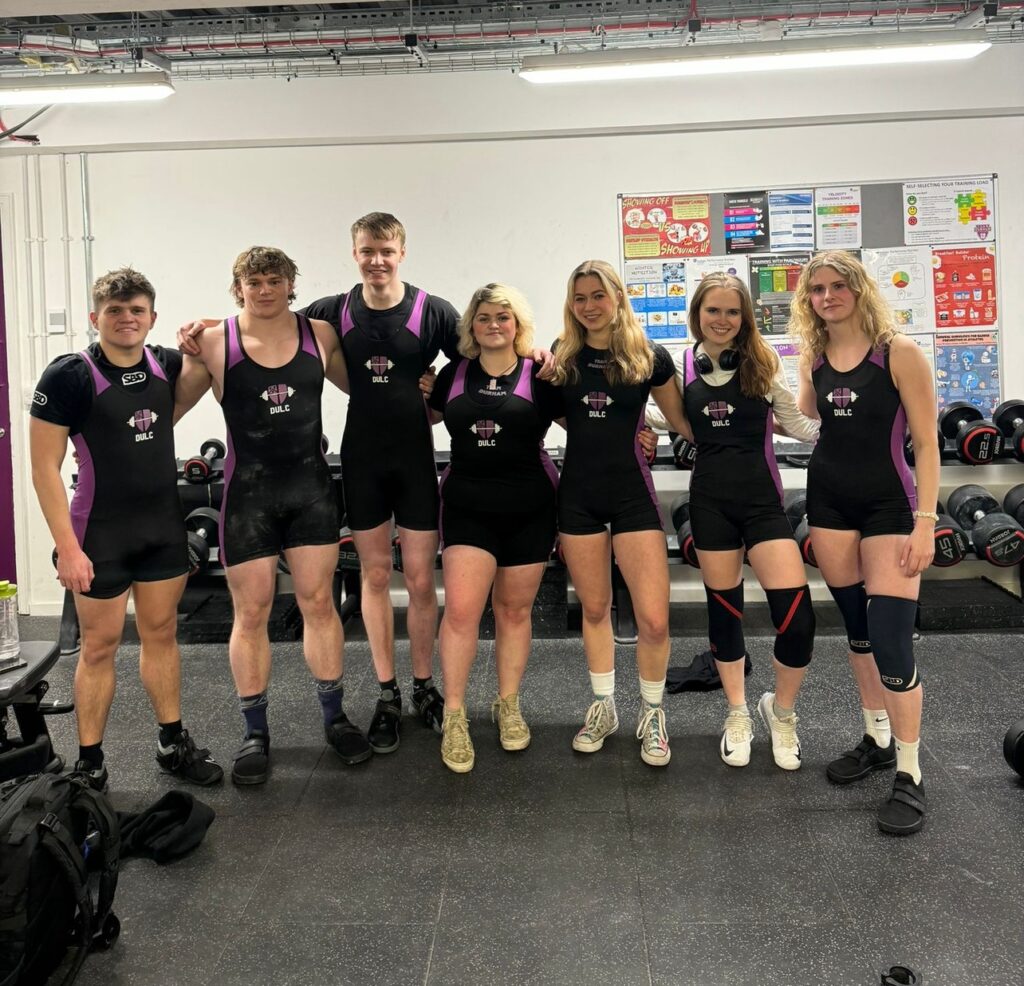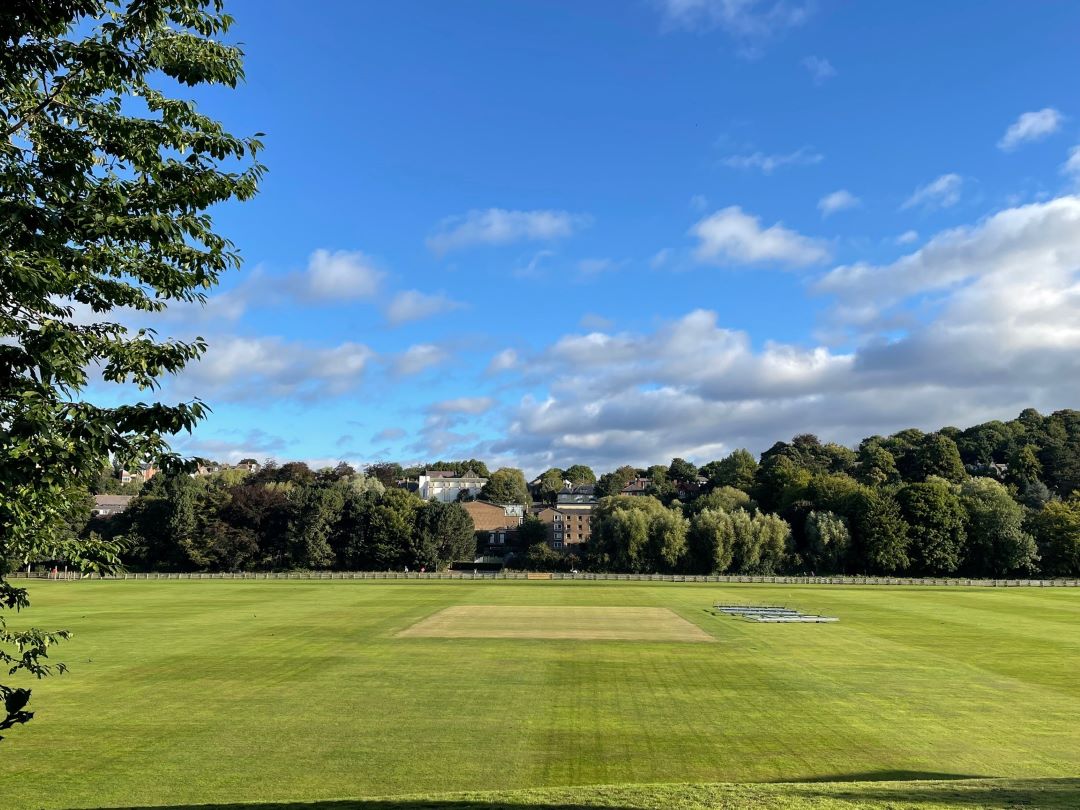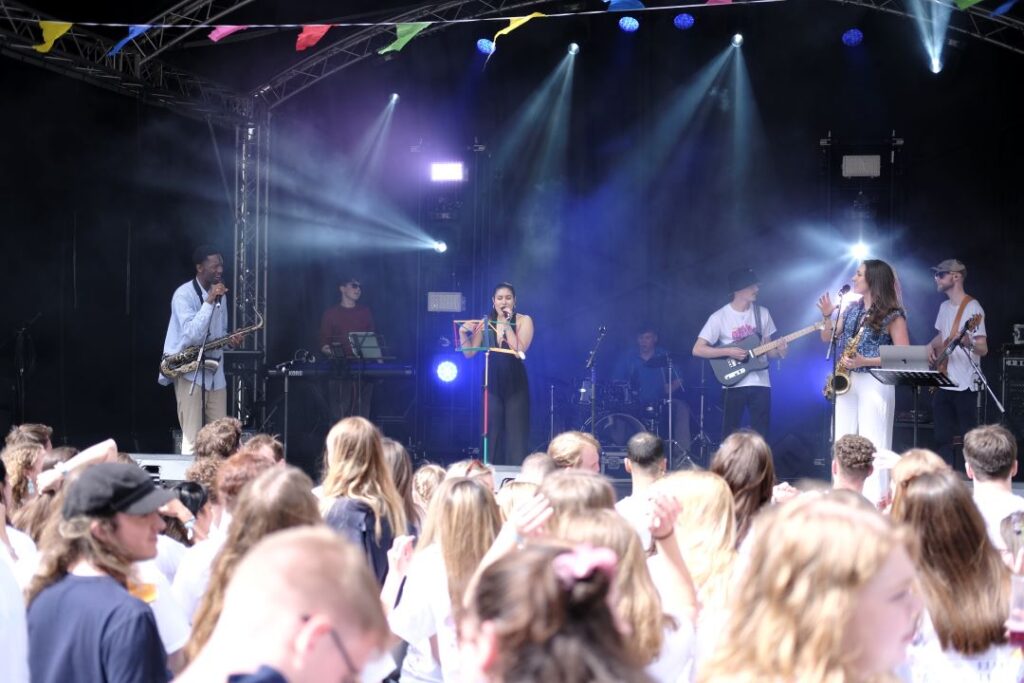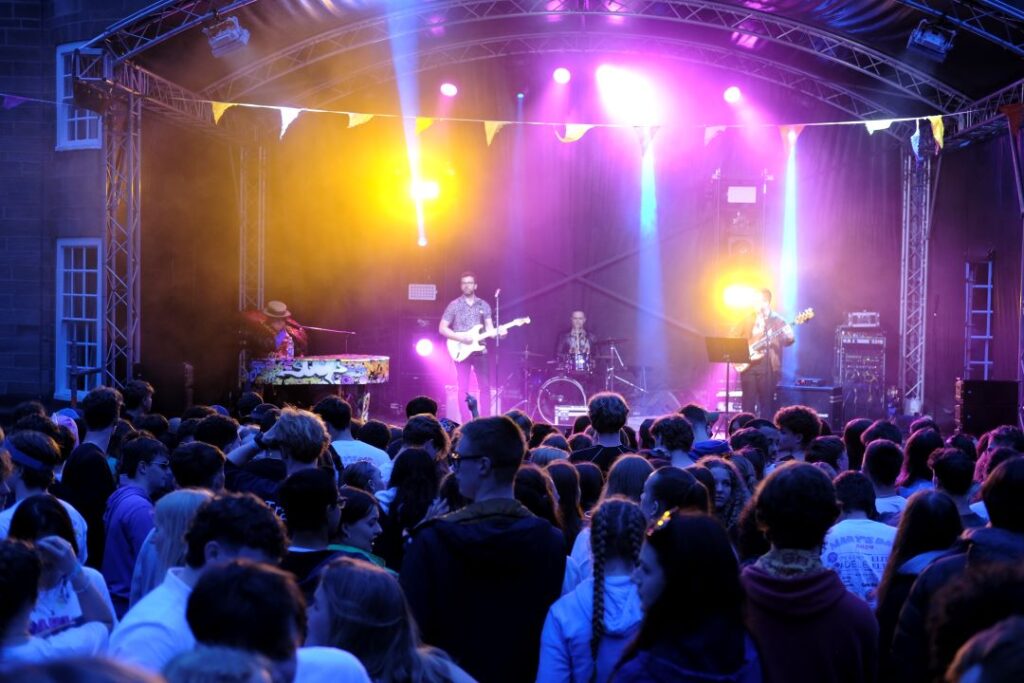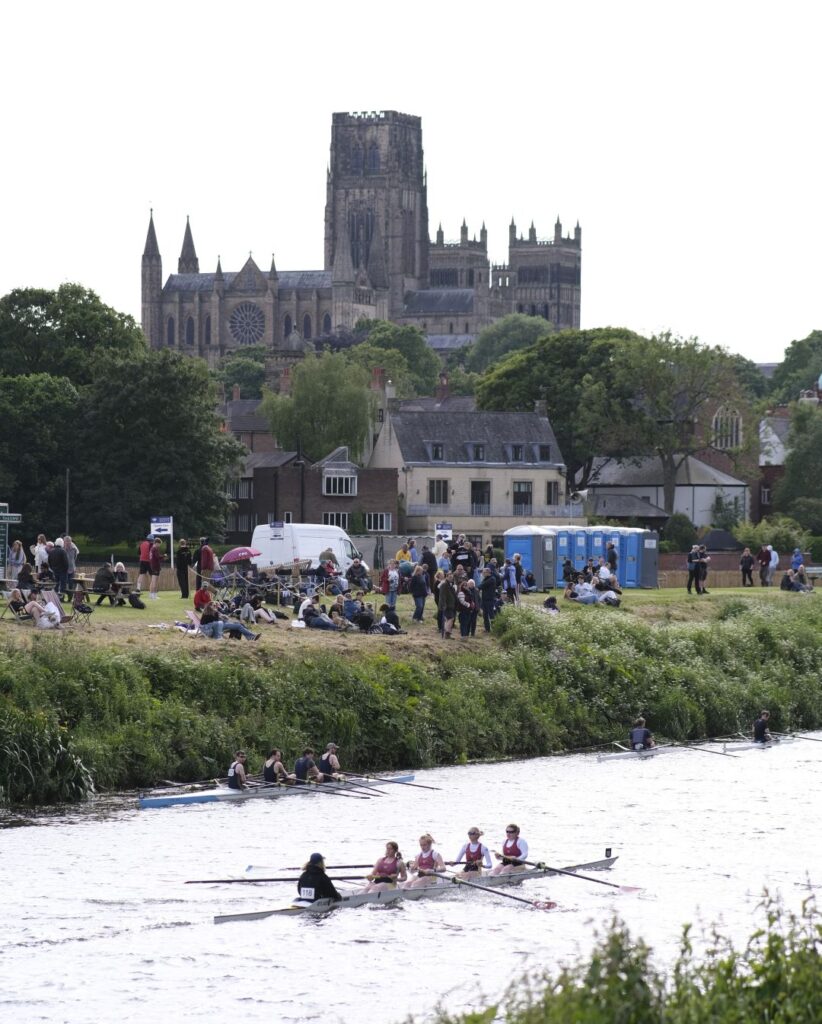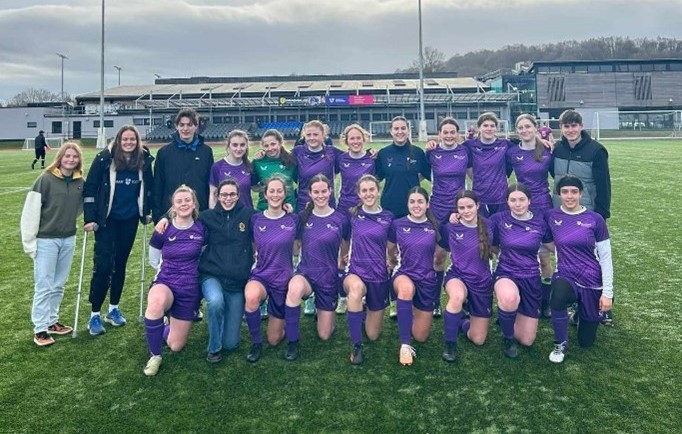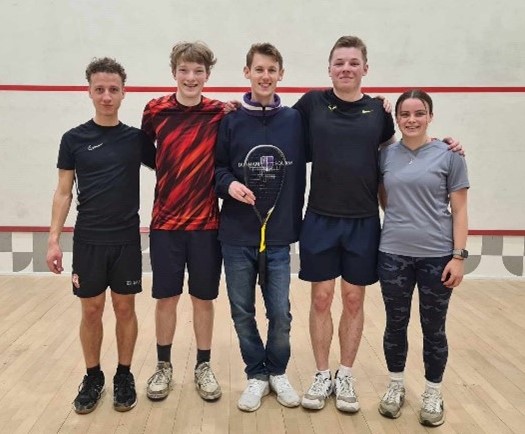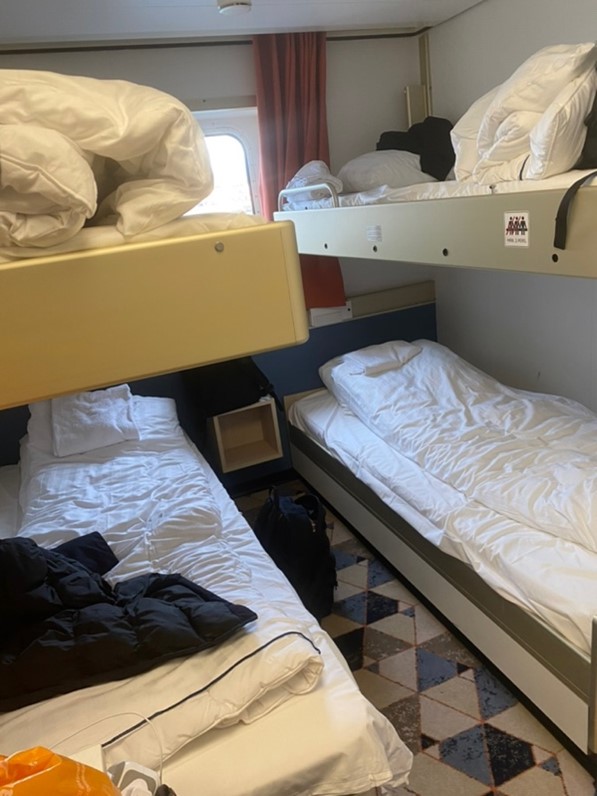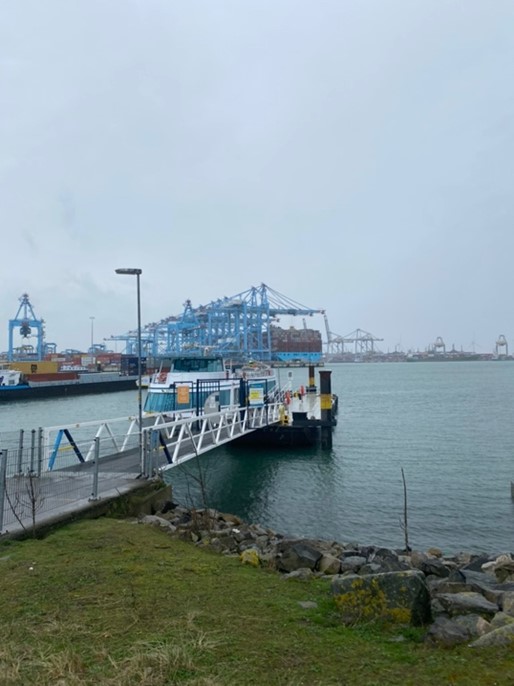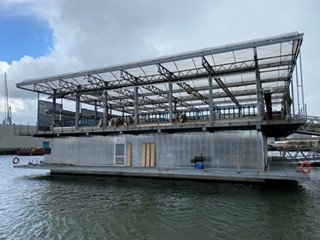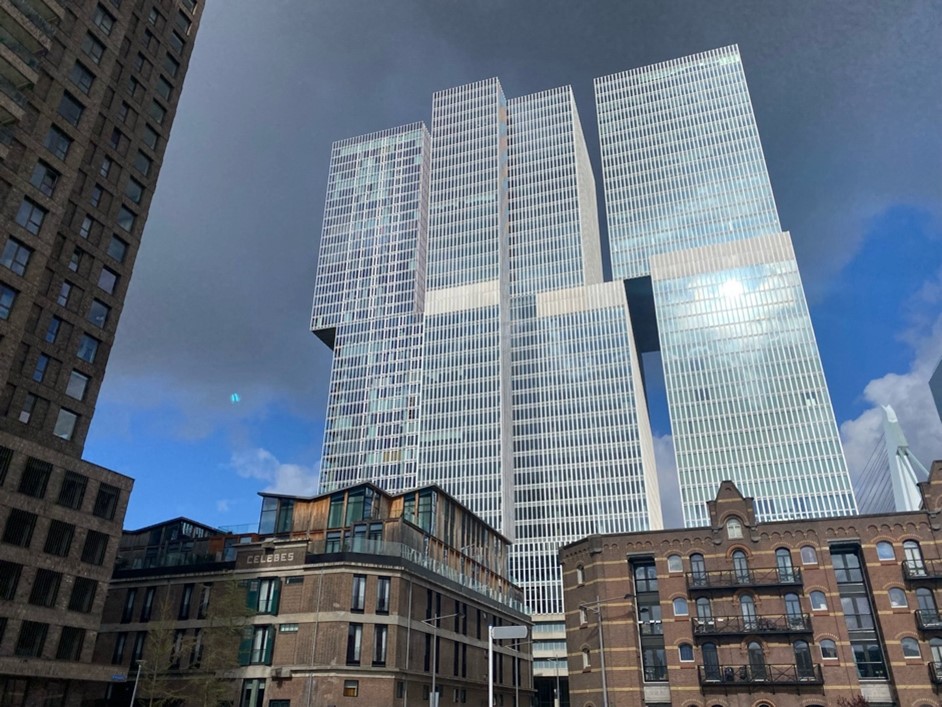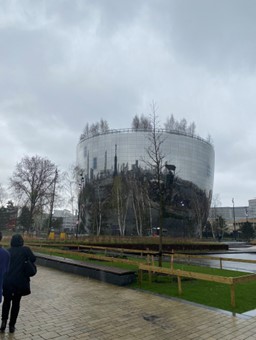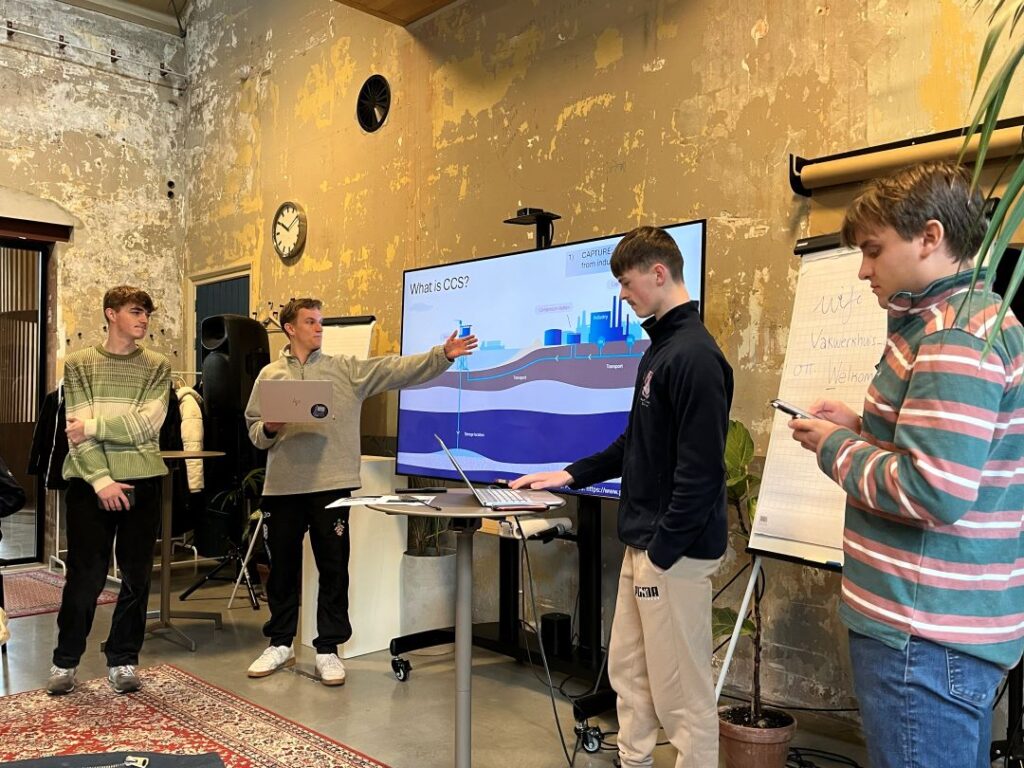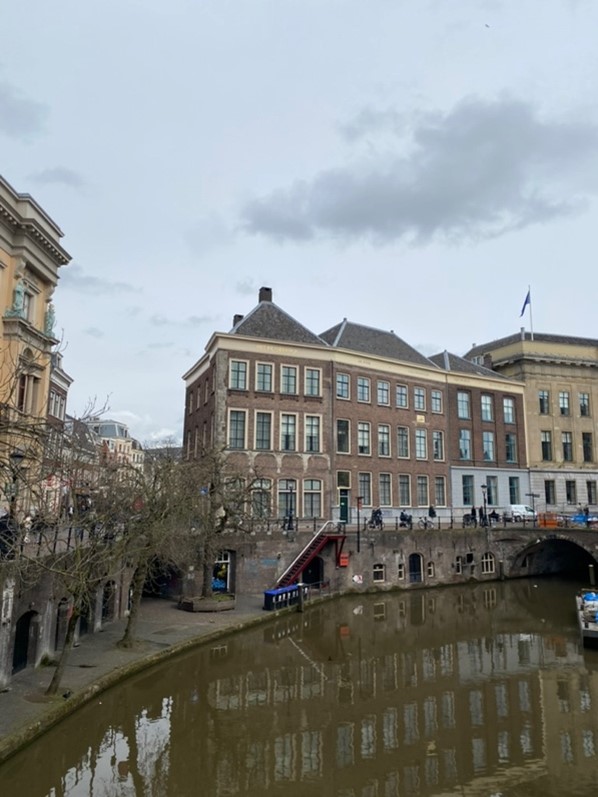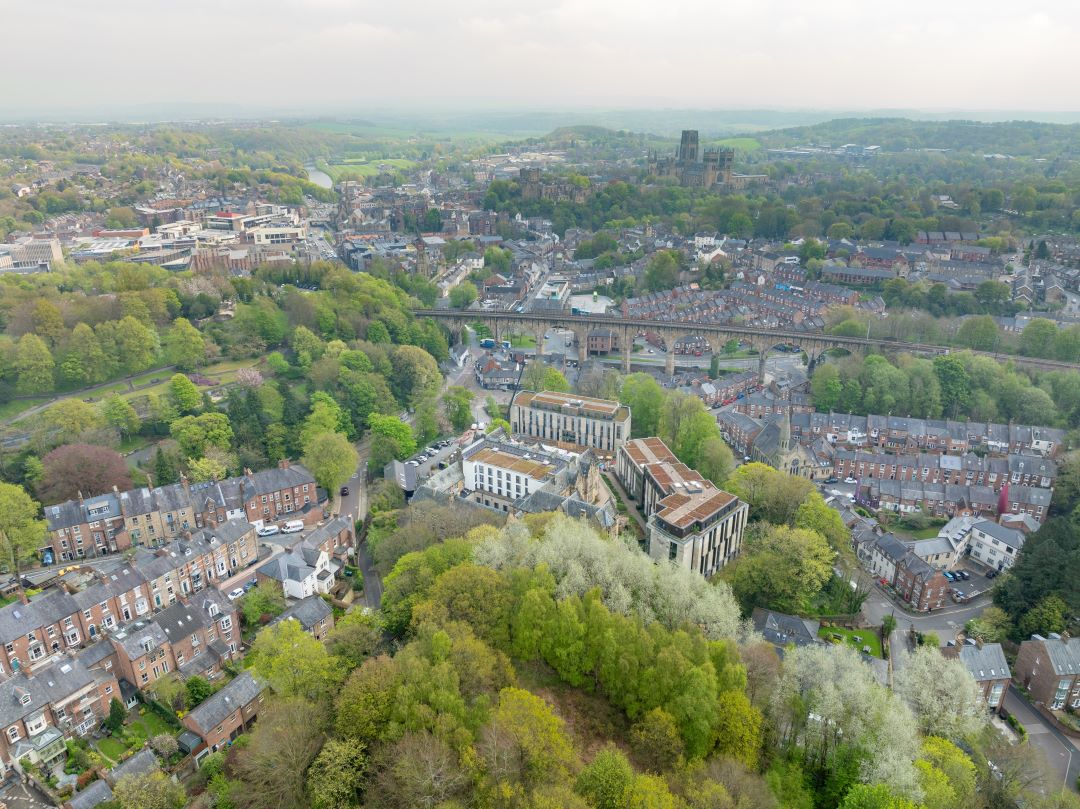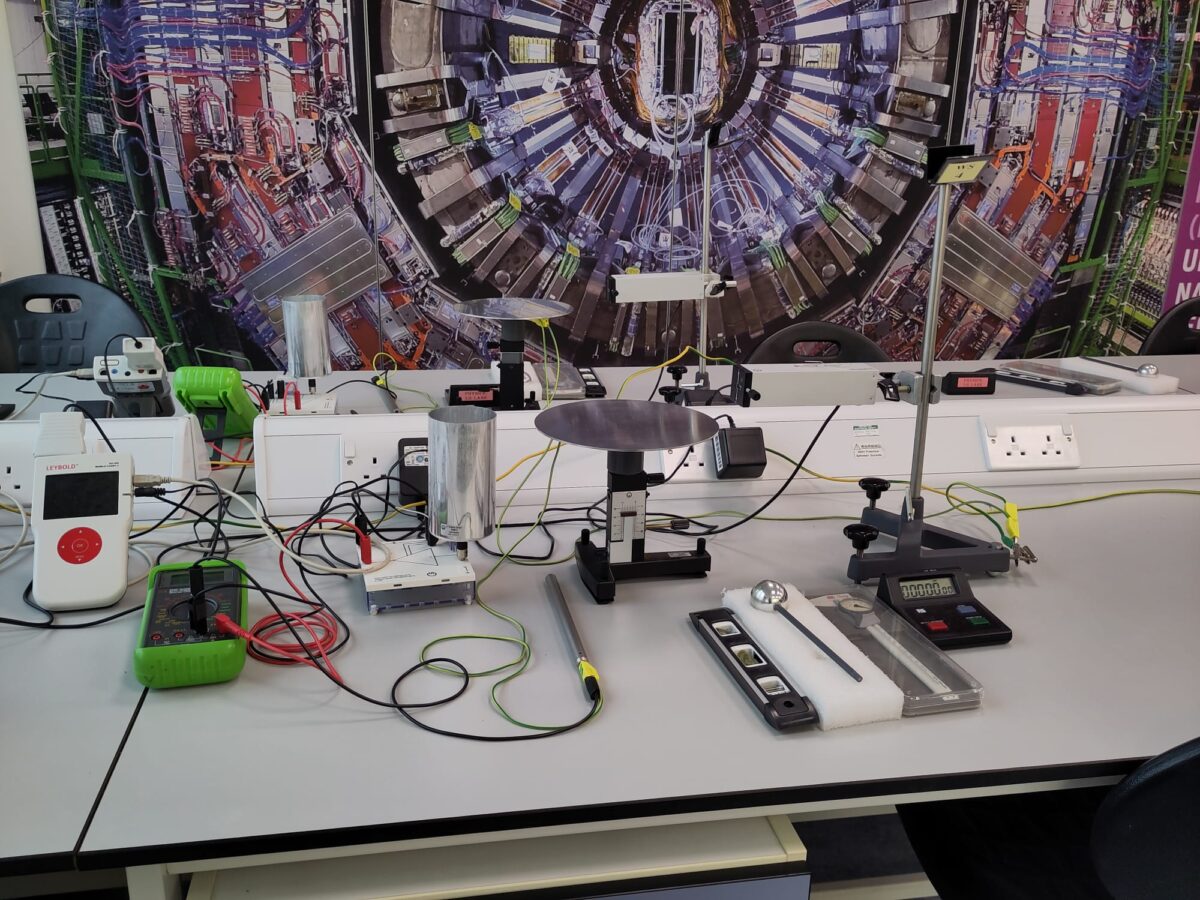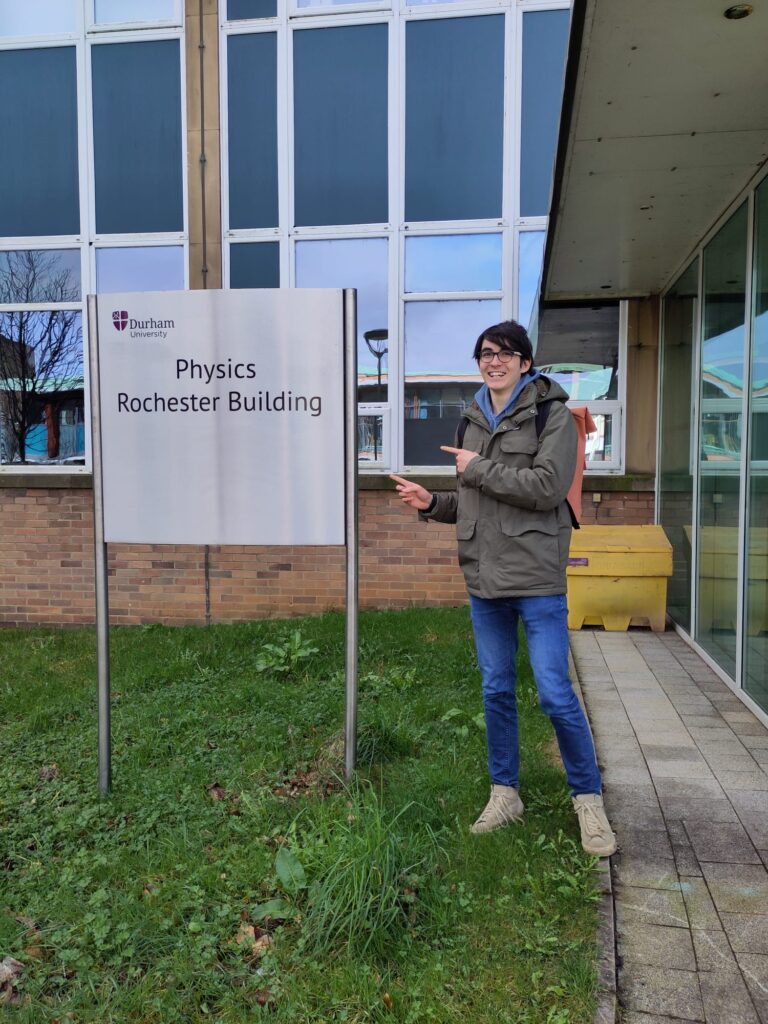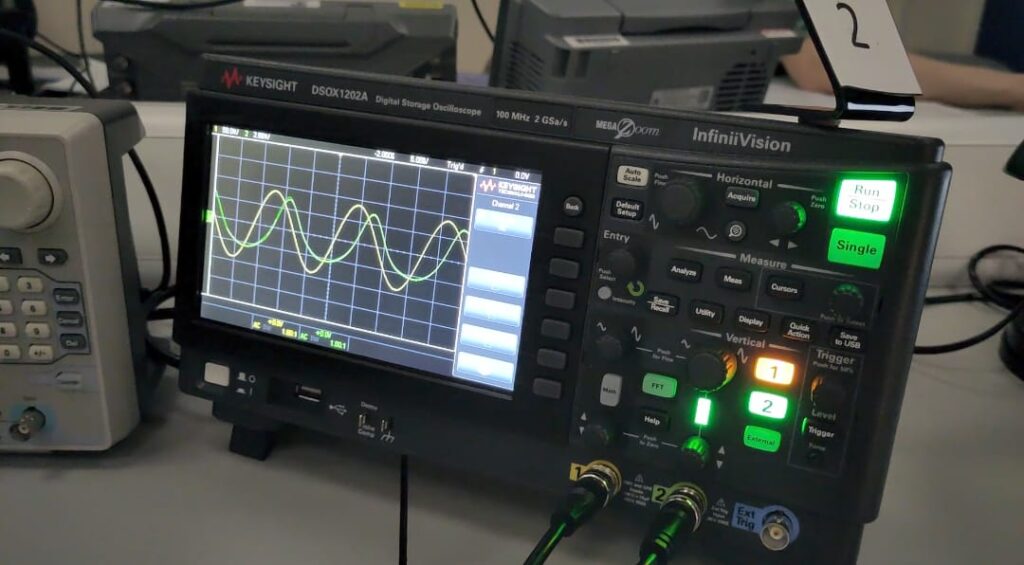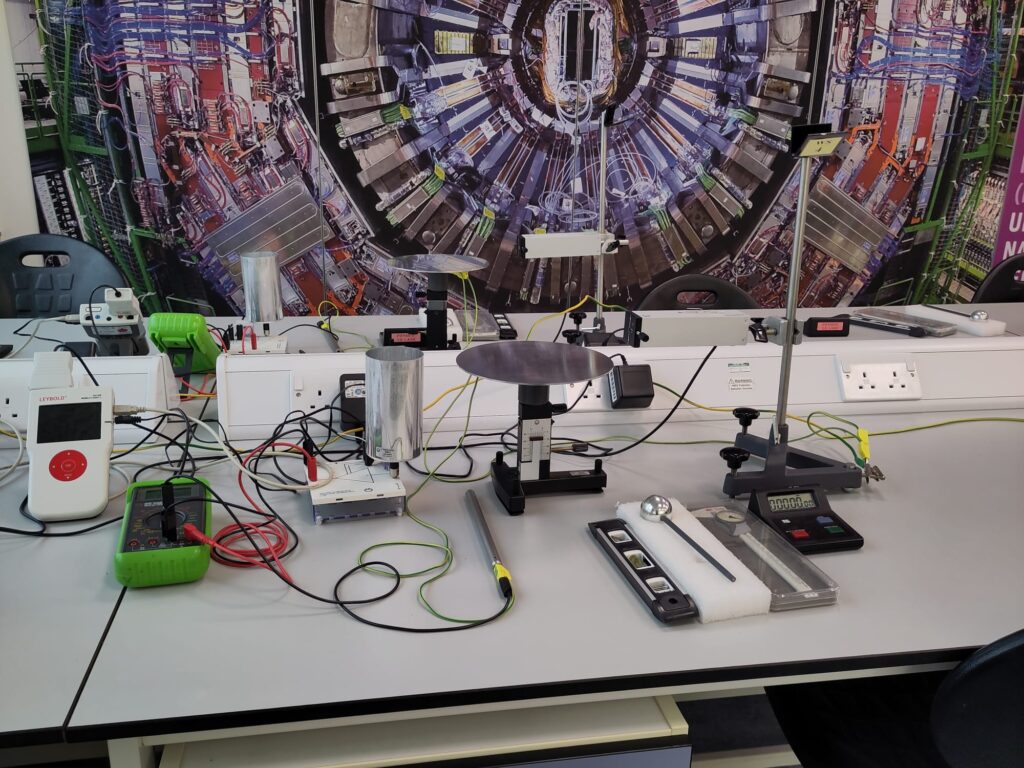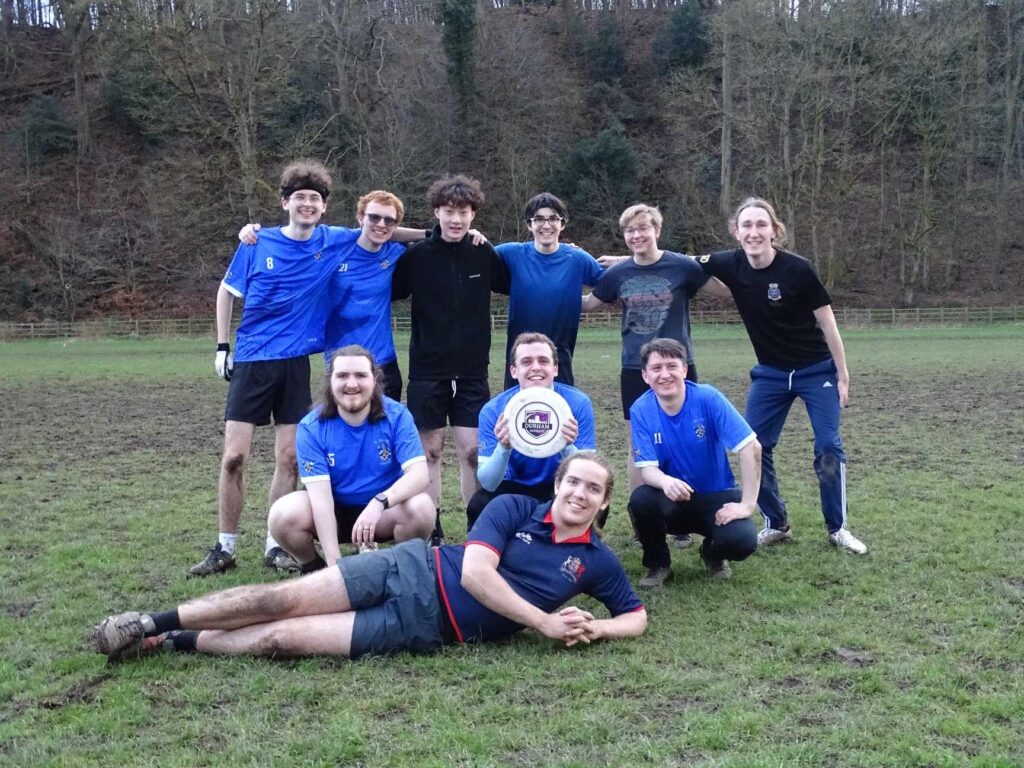Why I chose to study Accounting
In this blog, I’d like to tell you a little more about my experience studying BSc Accounting at Durham.
When I applied to Durham, I initially enrolled on the BA Accounting and Finance programme. However, I was offered the BSc Accounting programme instead. At this point, I hadn’t looked into the pure Accounting programme, so I was a bit worried as I didn’t know much about the course or the modules. However, after looking into it a bit more, I discovered that this course was more suited to me. The pure Accounting programme offers students the opportunity to become chartered accountants quickly and easily, with some exams offering exemptions, meaning it will take less time to become a qualified accountant after graduation and fewer exams in the future!
About the course
One of the best things about the BSc Accounting course is the number of students within the course. This year, there were about 60 of us. However, the BA Accounting and Finance course has over 200 students. This means that the Accounting programme is much more personal, and all our modules take place in person. This is greatly advantageous because it means it’s easier to have a more personal and accessible relationship with lecturers and allows you to really get to know the people on your course and make some great friends!

The course doesn’t have many contact hours. I usually have about 12 hours a week due to the course being semesterised. This means that we only have three modules in the first term, then exams on those particular modules. The same thing happens in the second term. At first, I wasn’t sure how this would benefit me because all of my friends, studying different courses, didn’t have the same structure. However, the structure of this course is incredibly helpful and much easier in my opinion. Although it means the term is intense with content, you don’t have as many modules to learn at one time, and it means that you can focus on particular modules, and then have the exams whilst the content is still fresh in your mind.
What I enjoyed about the course
Within the Accounting programme, I particularly enjoy the tax modules. I know it seems to many people that this could be quite boring, but it’s so interesting to learn about all the different rules and regulations about what happens with our money. These modules aren’t just something that an accountant needs to know – everyone benefits in learning about what happens with their money and why. The great thing about Accounting modules is that you can apply them to everyday life. It’s not just something you leave in the classroom.
In my first year, I loved the ‘Skills for the Professional Accountant’ module. This programme was very interactive which allowed us a break in between the more stimulating modules. As part of this module, we had to prepare presentations and were given the opportunity to present in front of professional bodies. This gave us great experience for the future. We had to dress smartly and watch everyone else’s presentations (as seen in the photo above). I particularly enjoyed the fact that it isn’t always necessarily about essays and maths equations, but also about having the opportunity to work in groups and learn valuable skills that will benefit us in our future accounting careers.
Why choose this course?
If you choose to join the BSc Accounting programme at Durham, you’ll be able to significantly improve highly-anticipated skills, such as communication and presentation skills, have the opportunity to work with great, supportive professors, and get to delve more into the accounting world. You can also look forward to understanding the broad aspects of Accounting, many of which I didn’t know I’d be learning about. You have the chance to look more into the ethics of accounting, many business modules, law modules, and of course financial modules. It isn’t all just spreadsheets!
Department support
The support I have received so far at Durham from my lecturers has been outstanding – even compared to my friends on other courses. Because of the size of this particular course, it allows you to feel more comfortable with the professors and makes it much easier to be supported in many ways. The Accounting department is a great department to be part of, and I feel very lucky with all the help and support I have received so far and continue to receive throughout each term and within each module.
Extracurricular
There are vast numbers of extracurricular activities you can get involved in while you’re at Durham. These range from College sports and activities, University sports and activities and loads of other opportunities. University is so different from school and college. There may be days when you have no lectures or seminars and have some free time to get stuck into College and University life, along with any independent study. It’s also easy to find a part-time job if that’s what you’re looking for. I worked in a nightclub during my second year and loved every part of it – from socialising to earning some extra money!
I can recommend not only Durham University but also the BSc Accounting programme here. It is an excellent course to further enhance your accounting career, meet amazing people, make excellent connections, and obtain all the skills you will need for your future. I hope you consider furthering your education here at Durham University.
Discover more
Read more here about the course: Accounting – Durham University Business School
Create your own personalised prospectus here
Find out how to visit us here
To find out more about student life in Durham follow our students on Instagram, TikTok and YouTube
